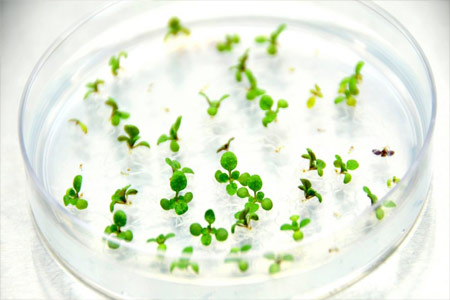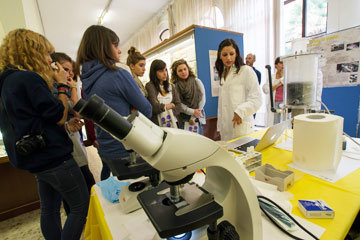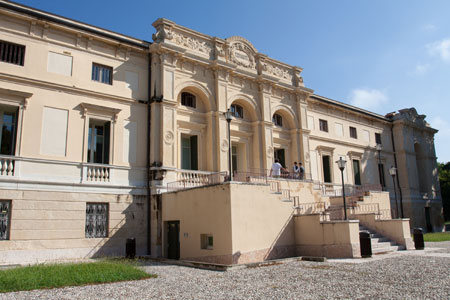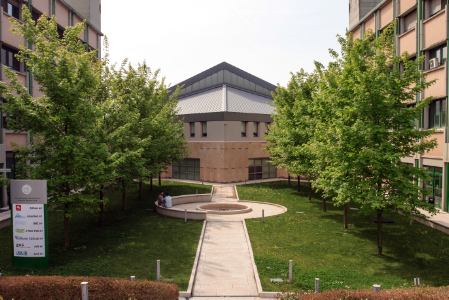Learning outcomes
Module: mod.2
-------
Relationship between biocatalysis and industrial applications.
Biocatalysis and analytical applications, e.g. microreactors, biosensors.
Module: mod.1
-------
Basis for the comprehension of enzyme catalysis (kinetc equations, mechanisms of catalysis, factors that influences the stability and activity of enzymes): Methods for enzyme engineering (rational design, modification of selectivity, stability, ntroduction of elements for the regulation of enzyme activity)
Syllabus
Module: mod.2
-------
Biocatalysts and industrial enzymology. Stae of art. Economical perspectives and the market of biocatalysis.
Analytical applications of biocatalysts.
Biosensors.
Miniaturised analytical systems, lab on a chip.
Module: mod.1
-------
Introduction. Enzyme classification. Structural features of enzymes.
Enzyme kinetic: prestationary and stationary phase; kinetic equaitions, kinetic parameters, linearization, kinetic equation for ordered bi bi mechanism, kinetic equation for ping pong bi bi mechanism, secondary graphs, inhibition and activation and relative kinetic models.
Mechanism of catalysis: transition state teory, catalysis acid/base, nucleophiles catalysis, electrophyl catalysis, covalent catalysis.
Activity and stability of enzymes. Optimization of stability.
Selection of estremophyles, mutagenesis, immobilization of enzymes.
Engineering of enzyme selectivity: situ specific mutagenesis, rational design, random mutagenesis.
Enzymes in organic solvent.
Synthetic biocatalysts.
Regulation of catalytic activity, allosteric sites, molecular switches.







